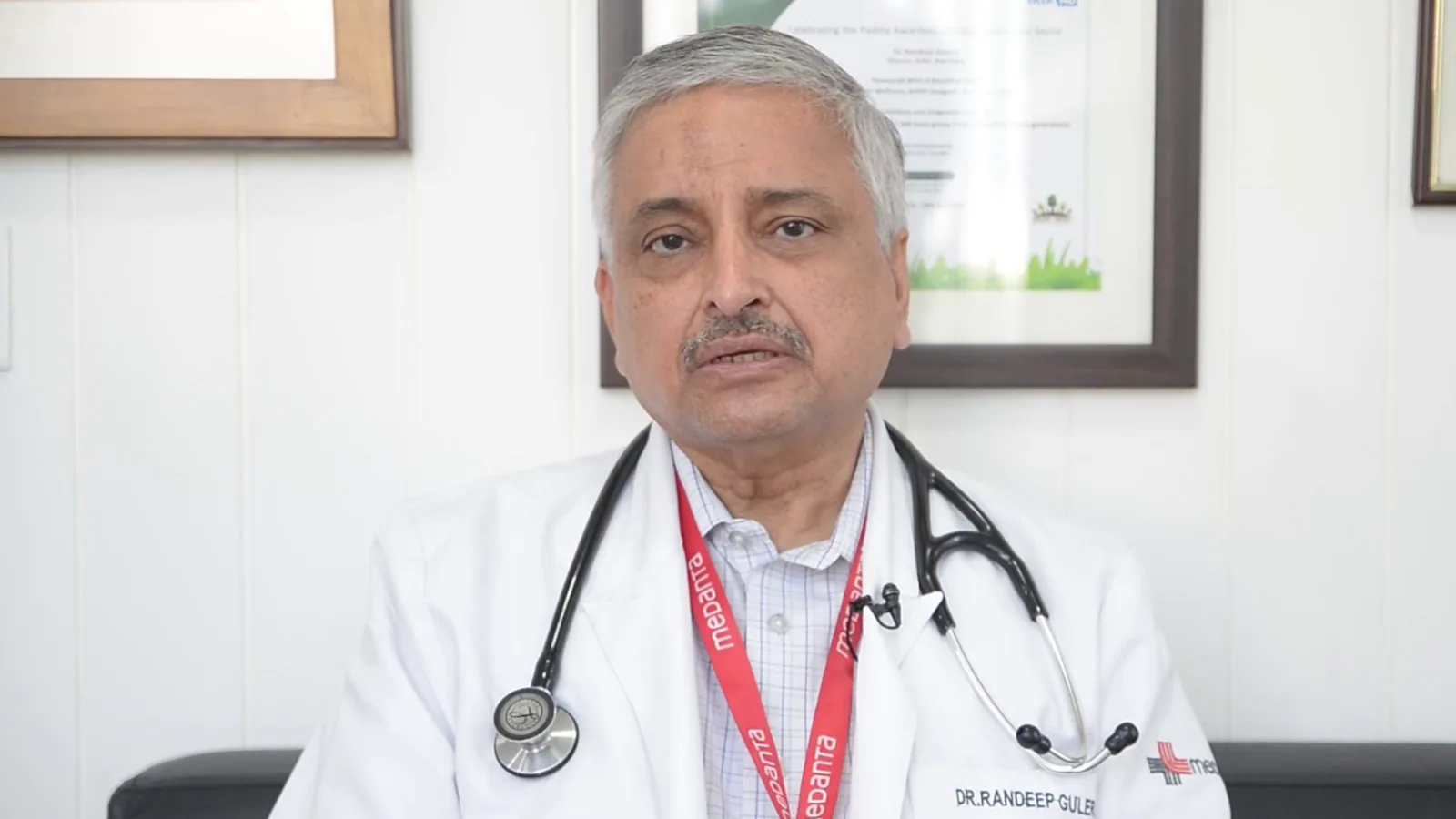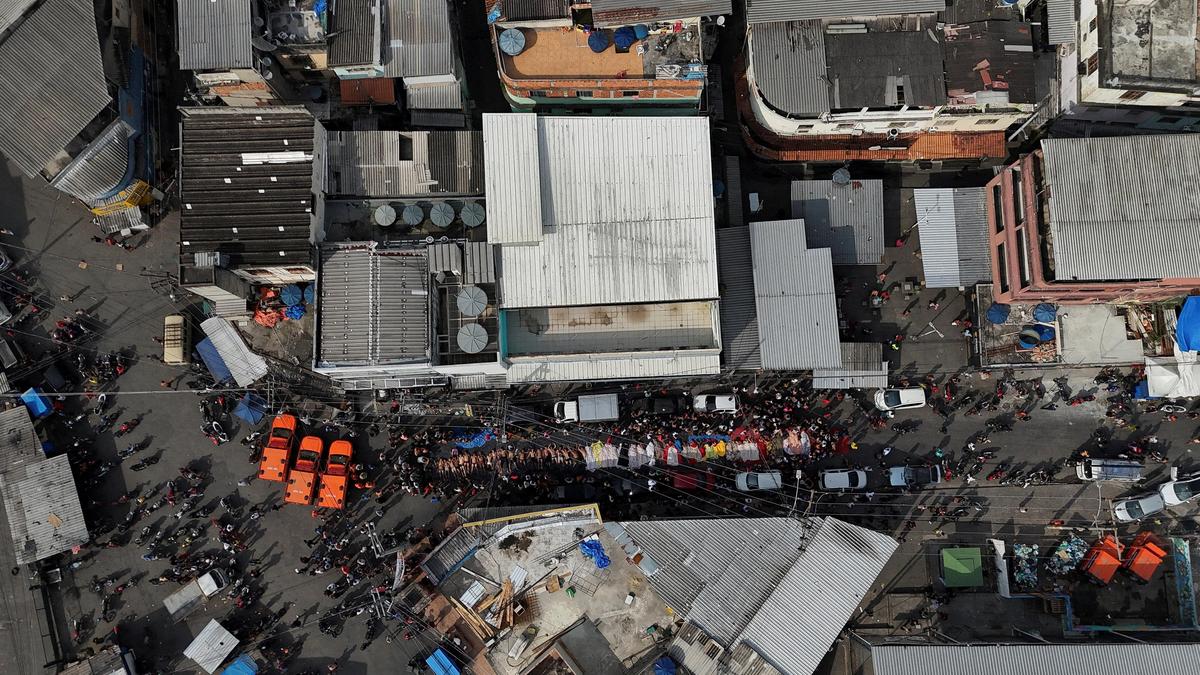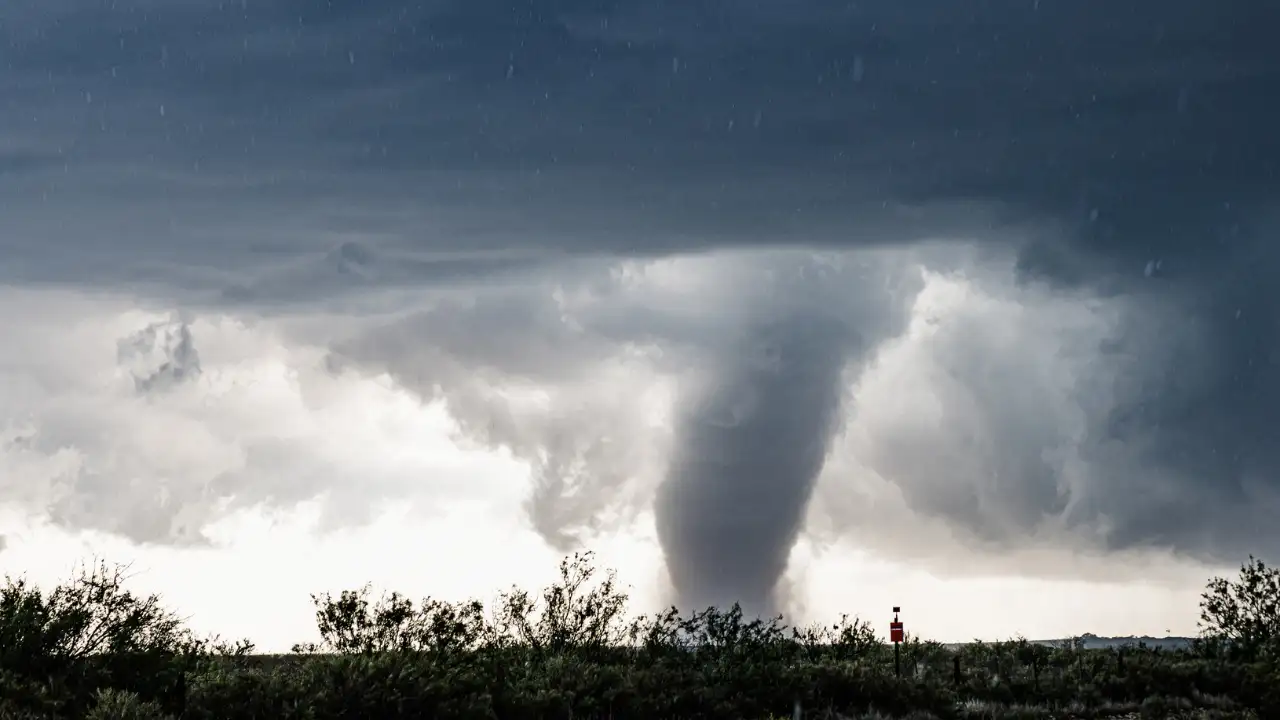Copyright news18

Air pollution is now killing more people than Covid-19, warned Dr. Randeep Guleria, former Director of the All India Institute of Medical Sciences (AIIMS), calling it a “silent pandemic” that is claiming millions of lives each year. He said that in 2024 alone, around 8.1 million people died globally due to air pollution — a number higher than Covid-related deaths — yet the crisis continues to receive far less urgency and attention. The former AIIMS director also called air pollution as a “silent killer” that is slowly affecting every organ of the body, India Today reported. “Air pollution, especially fine particulate matter like PM2.5 and ultra-fine particles smaller than 0.1 micron, not only reach the lungs they can cross into the bloodstream and travel to all parts of the body. They cause inflammation and narrowing of blood vessels, leading to a higher chance of heart attacks, strokes, and even dementia,” he said. He added that the impact of pollution extends far beyond coughs or breathlessness. “Various organisations, including international ones, now consider air pollution a major risk factor for heart attacks, heart failure, stroke, and even cancer,” Guleria noted, citing studies linking long-term exposure to polluted air with neurological disorders such as Parkinson’s and dementia. He noted that the health effects of breathing toxic air are comparable to smoking 8–10 cigarettes a day. Data from the past decade shows that nearly 70% of days in a year have unsafe air quality, improving only during the monsoon or the 2020 lockdown when human activity was minimal. “Most of the year, we are breathing toxic air. This continuous exposure is leading to chronic inflammation that affects multiple organs — the lungs, heart, brain, and blood vessels,” he said. Children and the elderly remain the most vulnerable. Guleria warned that when children play outdoors, especially early in the morning or late in the evening, they inhale more pollutants due to faster breathing rates. “This can affect lung growth and development,” he cautioned, advising parents to monitor air quality and limit outdoor play during heavy smog. His warning comes as Delhi’s air quality slipped towards the “severe” category on Thursday, with the city’s overall Air Quality Index (AQI) touching 375, according to the Central Pollution Control Board (CPCB). PM2.5 levels were recorded at 184.4 and PM10 at 301.9, both considered hazardous. Several parts of the capital — including Anand Vihar, Wazirpur, Vivek Vihar, and Bawana — recorded AQI readings above 400, placing them in the “severe” zone. The CPCB reported that 37 of 38 monitoring stations across Delhi showed “very poor” air quality, as a thick haze reduced visibility and trapped pollutants close to the surface.



